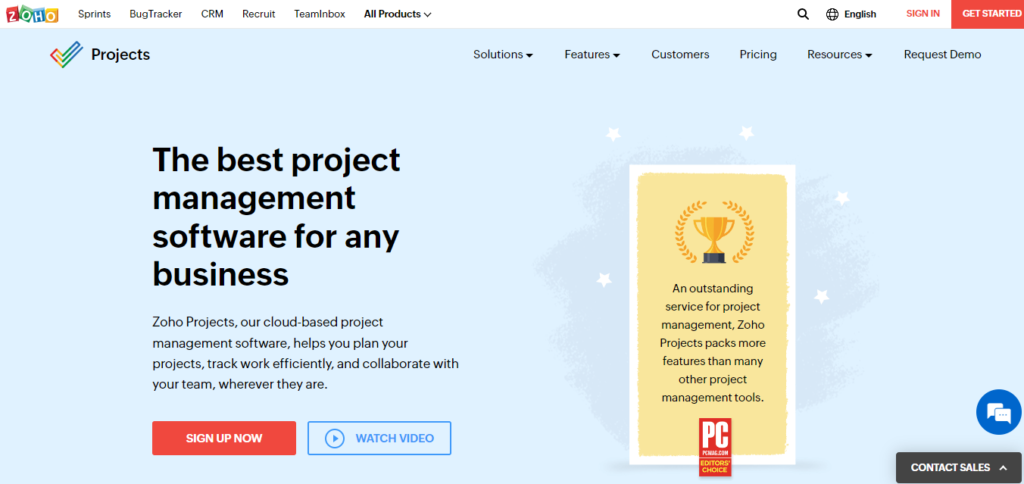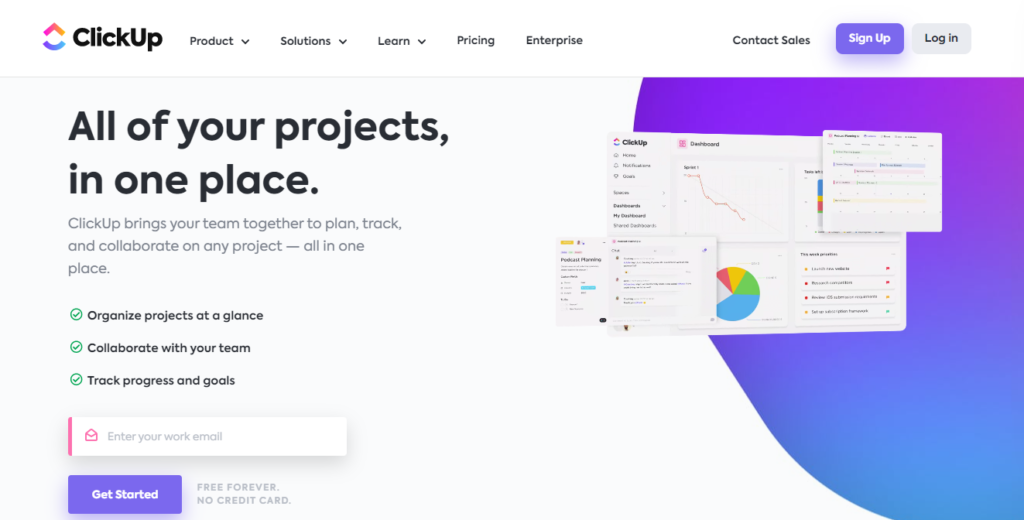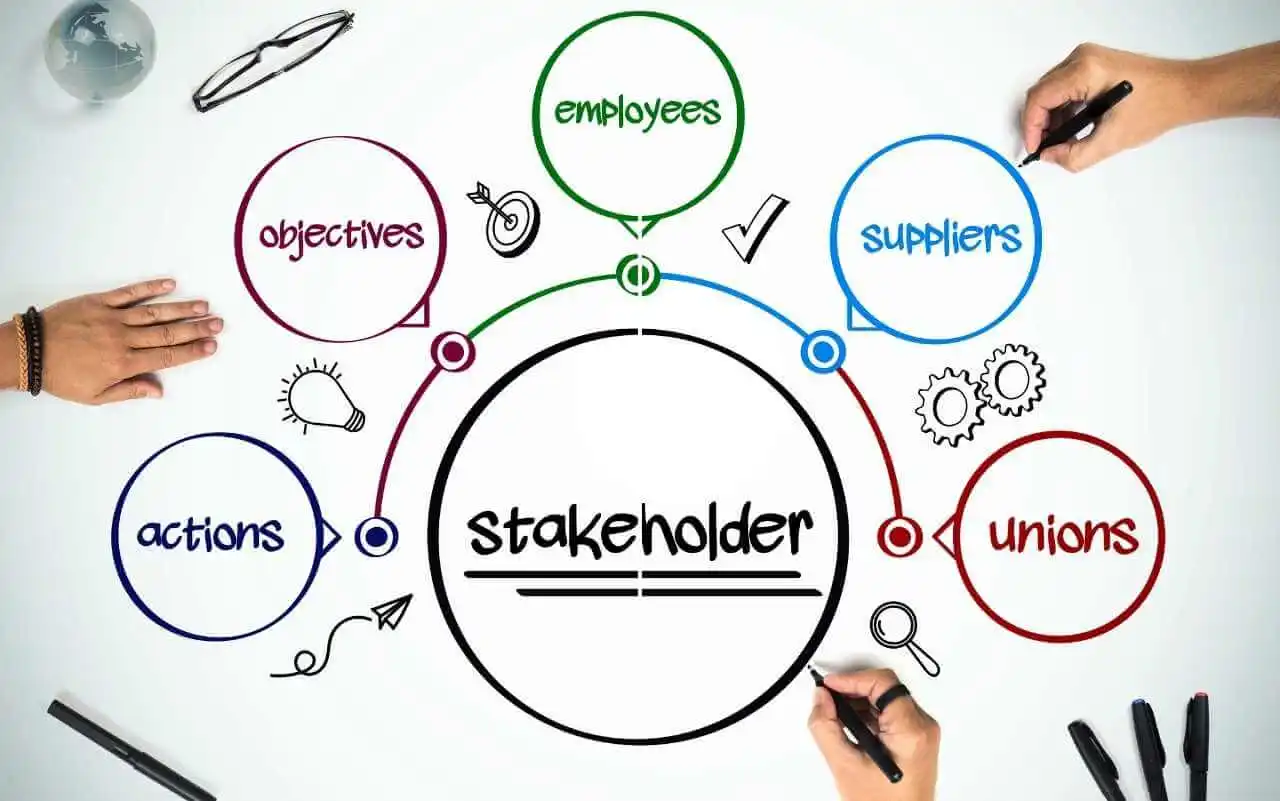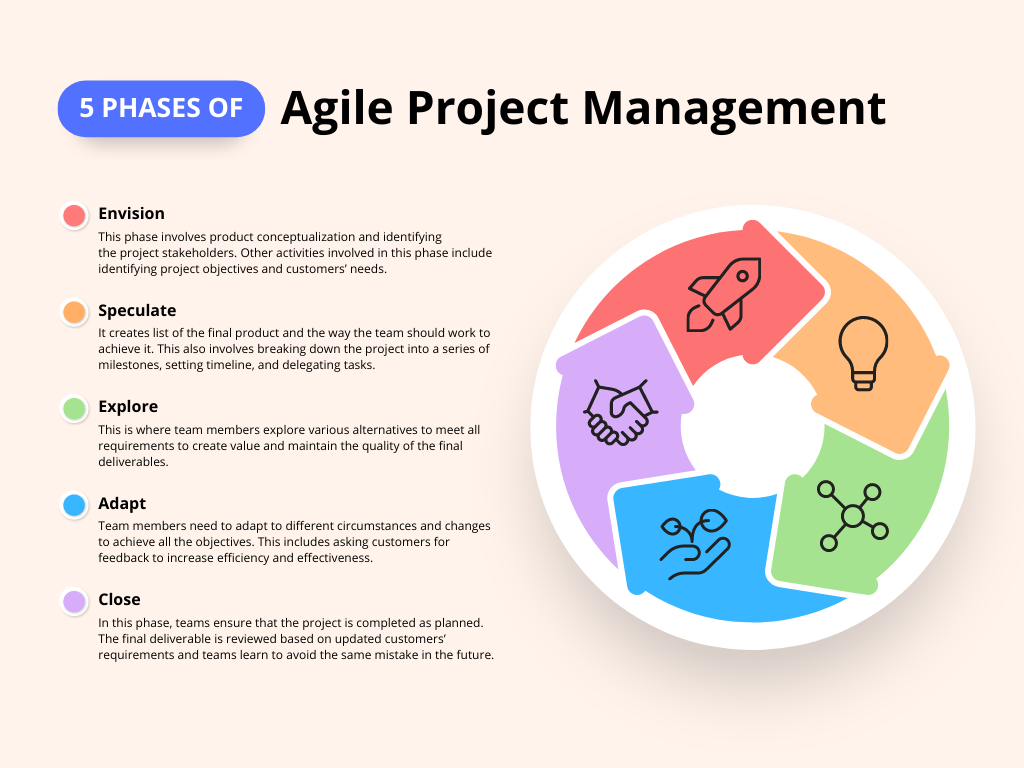
In the business world, a firm’s success depends on its ability to complete tasks and deliver results. However, at times, that becomes difficult. And this is especially so when a firm has several pending projects. In such cases, you can only meet your deadlines with the help of project management.
Project management? In simple terms, this refers to the planning, organizing, and managing of resources (such as time, people, and money) to achieve a project’s goal. Project managers are professionals skilled in ensuring a project is well-executed without bringing loss to the firm.
Are you looking to become a project manager yourself? If so, then you’re reading the right article. It discusses five steps that’ll help you get started on project management as a profession.
5 Steps to Getting Started on Project Management
- Identify and build up project management skills
- Build up experience
- Expand your project management network
- Learn to use project management tools
- Consider getting a certification
1. Develop Project Management Skills
As a project manager, you’ll need to complete your tasks without bringing any loss to the company. And doing that usually involves coordinating several people and tools all at once. Without the right skills, the project manager will be at risk of failing.
With that in mind, the first step to getting started on project management is identifying and developing the necessary skills. But what skills do you need to become a project manager? Here are a few crucial ones:
- Communication skills: Communication is one of the primary skills needed to succeed as a project manager. Since you’ll be working with others, you need to be able to communicate your ideas, visions, and goals.
- Risk management skills: When working on a task, it’s natural to discover factors that threaten the project’s success. As a project manager, you should be able to identify these factors and work together with your team to minimize any risk.
- Leadership skills: It’s not out of place to say that the success of a project rests on the shoulders of the project managers. Why? Well, this is because they are in charge of all the resources needed to execute a task. Without strong leadership skills, it’ll become hard for project managers to effectively organize and manage these resources, which include workers and tools.
- Budget management: Once again, a project manager is left in charge of all the task’s resources, including the budget. With budget management skills, a project manager can create a workable budget and identify areas where costs need to be reduced. Doing so will help the firm meet its project goals without spending unnecessary money.
2. Gain Experience in the Field
After developing the skills you need as a project manager, you’ll have to gain experience in the field. This is very essential when applying for jobs and even certifications.
But note that you’ll also need to build skills and experience in the industry where you want to work as a project manager. After all, you can’t manage projects that you don’t understand.
Once you’ve done that, start increasing your experience as a project manager. But you may wonder: What does that mean? What does it involve? Well, it’s as it sounds. You’ll need to take on tasks and responsibilities that can help you put your project management skills into action.
Yes, by putting step one in action (that is, building up your skills as a project manager), you’ll be achieving this step. And once you gain experience, you’ll be closer to becoming a project manager.
3. Learn to Use Project Management Tools
As a project manager, you must become familiar with project management software. What is that? These are tools that many companies implement for their project planning, management, and resource allocation.Keeping these tools at hand is a great help.
Project management tools also allow you effectively collaborate with your team and meet deadlines. And fortunately, there are several of them out there today. But which ones should you choose? Consider these two:

Zoho is a well-known cloud-based project management software. It equips users with all the features they need to manage their projects. Some of these include features for team collaboration, time tracking, and task automation. Above all, Zoho is easy to use and offers a free (but limited) package.

ClickUp is another familiar tool that helps project managers keep track of their tasks. It offers useful features such as easy-to-use dashboards, time trackers, and checklists. With these and many more features, you can organize your tasks at a glance and track your team’s progress. These features are priceless for project managers.
4. Expand Your Network
When building a career, it’s always beneficial to reach out to others in the same field. And project management is no exception. By connecting with others via social media or other platforms, you can learn new skills and increase your knowledge of the field.
What’s more, it allows you to quickly learn about new job opportunities. Yes, as a beginner, building a network is one of the best ways to gain experience and boost your career.
5. Get Certified
So, you’ve built up your skills and experience as a project manager. And you’ve also gotten familiar with tools that aid project management. What’s next? Well, it’s time to start looking for job opportunities. As seen earlier, expanding your network is one way of doing so.
But to better increase your opportunities, you should consider getting a project management certification. This will distinguish you from others who may be applying for the same position. And what’s more, you’ll be able to apply for positions that require certification. But which project management certifications should you consider?
- PMP (Project Management Professional): The PMP certificate tests your ability to manage a project and its resources. Regardless of whatever industry you choose to work in, you can apply for the PMP exam.
- CAPM (Certified Associate in Project Management): The CAPM is another certificate that’s globally recognized. This certificate allows you to further your career and creates more job opportunities. It also qualifies you to take the PMP certificate.
Wrapping Up
Getting started on project management as a profession may appear intimidating and difficult at first glance. However, that doesn’t make it impossible. The skills needed to become a project manager are easy to pick up and learn. And the tools available on the net provides features to aid project managers in their task.
So, once again, are you looking to become a project manager? If yes, the five steps discussed in this article will help you get started on your project management career.








1 thought on “HOW TO GET STARTED ON PROJECT MANAGEMENT AS A PROFESSION”
Pingback: Efficient Resource Management: 5 Guides for The Project Manager - Grace Prolific Manager